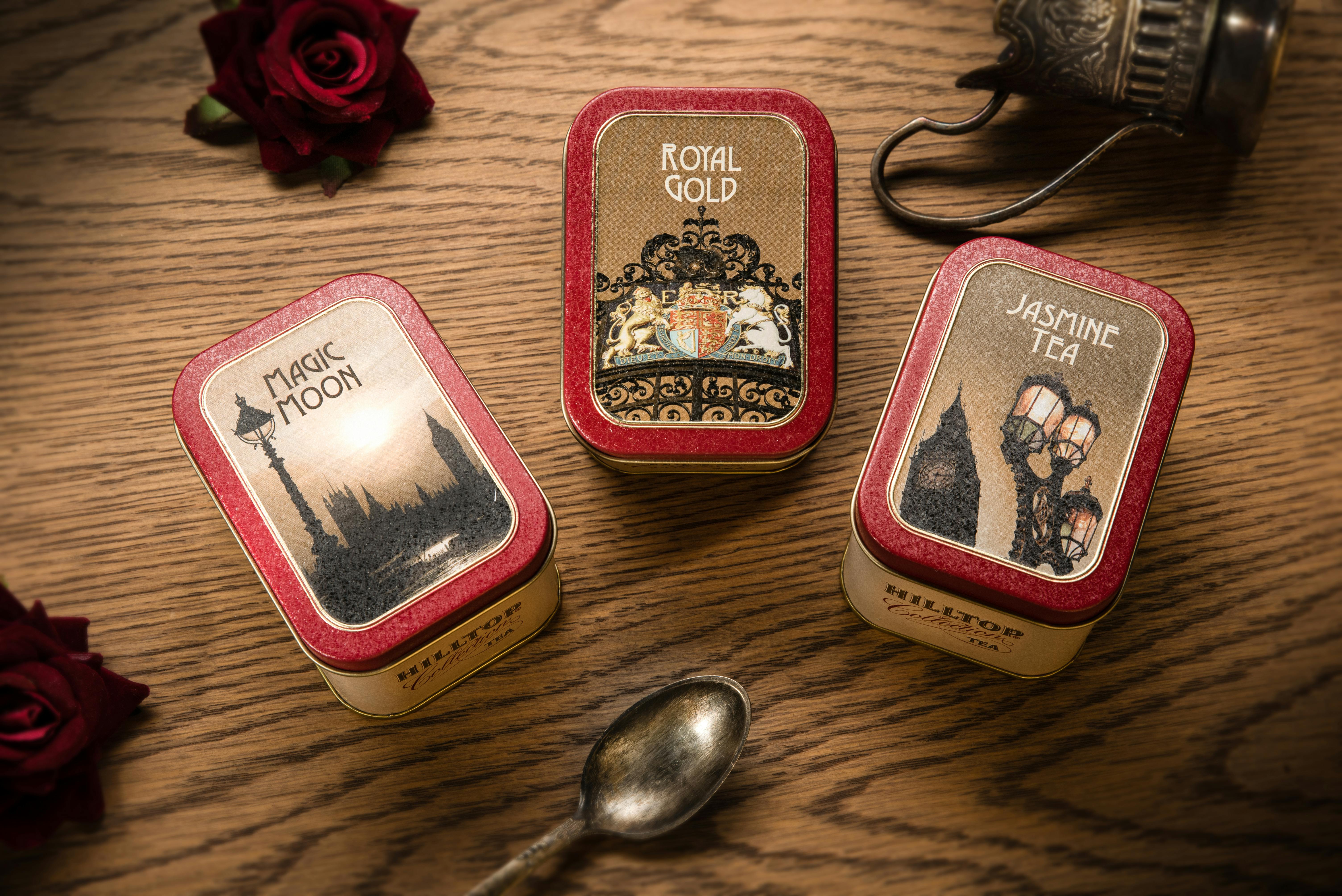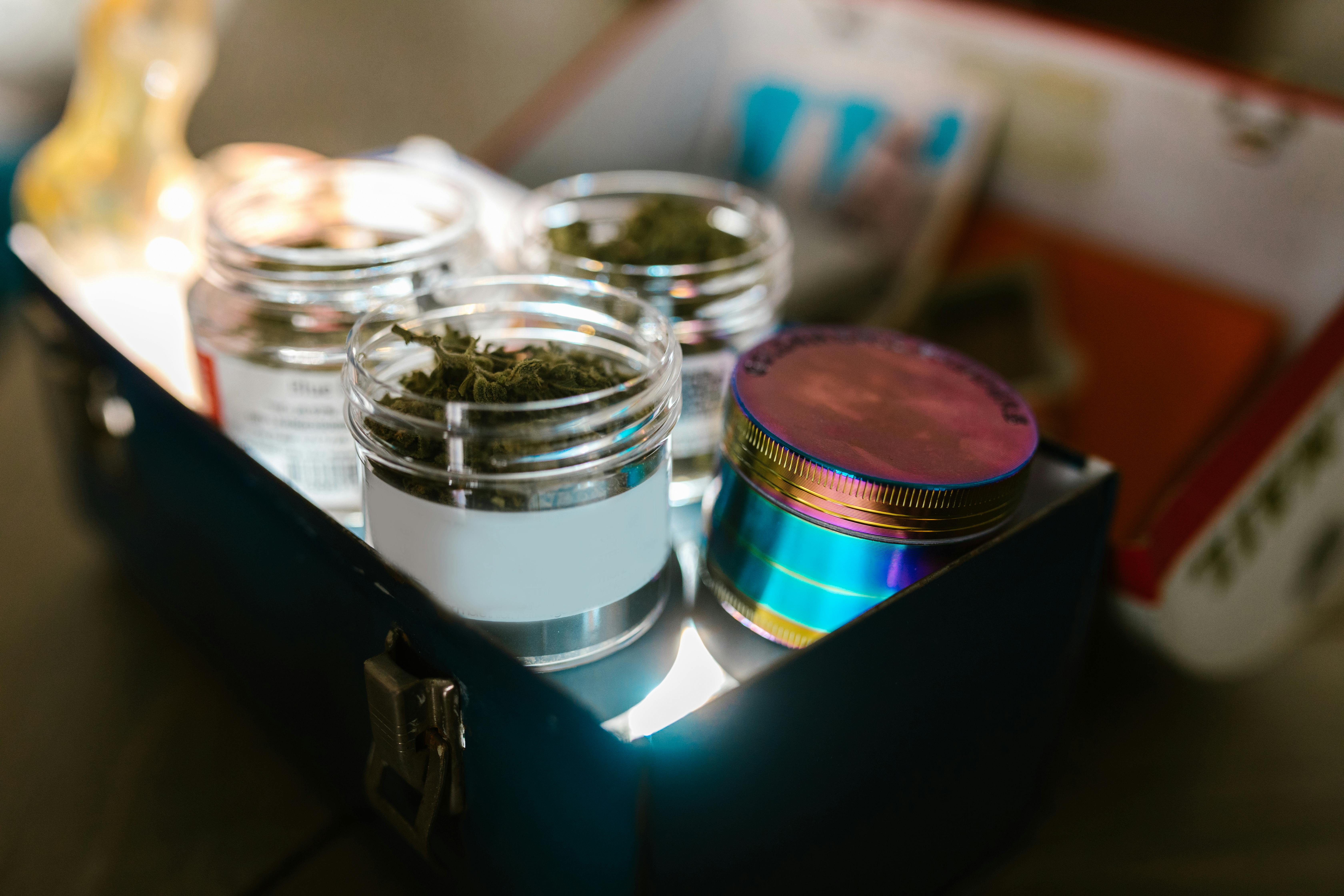Are you curious about whether you can still consume tea that has passed its expiration date? Many of us have been in a situation where we have come across an expired box of tea and wondered if it is still safe to drink. This article will address the question of whether expired tea is safe to consume and what to look out for when deciding whether or not to drink it.No, expired tea is not safe to drink. Generally, tea can become stale over time and may develop an off taste or odor. Additionally, tea that has expired may also contain harmful bacteria or mold which can cause foodborne illnesses if consumed.
The Risks of Drinking Expired Tea
Tea is a popular beverage, consumed around the world. But did you know that there are risks associated with drinking expired tea? Consuming past its expiration date can lead to a range of dangerous health consequences, such as food poisoning, digestive problems, and other illnesses. Understanding the risks of drinking expired tea can help you make informed decisions about what to drink and when.
When tea reaches its expiration date, it has been exposed to air and light for a longer period of time than normal. This leads to oxidation in the tea leaves, which can cause them to become stale or develop an unpleasant taste. In addition, bacteria and other contaminants can grow on the expired tea leaves, making them unsafe for consumption. Therefore, it is important to pay attention to expiration dates when buying tea products.
Drinking expired tea may lead to food poisoning or digestive issues due to the presence of bacteria or other contaminants on the leaves. Symptoms of food poisoning include nausea, vomiting, abdominal cramps and diarrhea. In some cases, these symptoms may be severe enough to require medical attention. Additionally, consuming expired tea may also weaken your immune system and make you more susceptible to illness or infection.
It is important to always check the expiration date before consuming any type of beverage or food product. Tea that has passed its expiration date should be discarded immediately as it is no longer safe for consumption. If you are unsure whether a particular product has expired or not, it is best to err on the side of caution and avoid drinking it altogether. Taking these steps can help ensure that you stay healthy and safe when enjoying your favorite teas!
How to Tell if Tea Has Expired
The shelf life of tea varies depending on the type of tea and how it is stored. Generally, unopened packages of tea can stay fresh for up to two years if stored in a cool, dry place. Opened packages of tea can remain fresh for up to six months.
To tell if your tea has expired, look at the expiration date on the package. If your tea is past its expiration date, it is likely no longer safe to drink and should be discarded.
If there is no expiration date and you suspect that your tea has expired, there are a few signs you can look for. Look at the color of the tea leaves or powder; if they have changed color or have an off smell, then they are likely not safe to consume. Additionally, taste a small amount of the tea; if it tastes stale or bitter it has likely gone bad and should be thrown away.
If your tea still smells pleasant and tastes good but has been sitting around for several months, it may still be safe to drink depending on how it was stored and how long it has been sitting around. It’s best to err on the side of caution when deciding whether or not to consume expired tea; throw away any questionable teas rather than risk getting sick from drinking them.
Effects of Drinking Expired Tea
Drinking expired tea can have serious consequences. The first and foremost issue is that expired tea can contain a wide range of bacteria, fungi, and other harmful contaminants. These contaminants can cause various stomach illnesses such as nausea, vomiting, and diarrhea. Additionally, expired tea may contain toxins that can lead to more serious health complications.
Expired tea may also have lost its nutritional value. Tea is known to be rich in antioxidants which are beneficial for our health. However, when the tea has passed the expiration date, these antioxidants have likely been degraded or lost entirely. This means that drinking expired tea may not offer any health benefits.
The taste and aroma of expired tea may also be affected. The flavor is often described as either bitter or stale and the smell may be unpleasant. Furthermore, the color of the beverage might be different from when it was freshly brewed due to oxidation which occurs over time.
In conclusion, it is important to pay attention to expiration dates on tea packages and avoid consuming teas that are past their shelf life. It is best to discard any expired teas in order to prevent any potential health risks associated with drinking them.
What Happens When You Drink Expired Tea?
Drinking expired tea may not be harmful, but it can taste stale or even spoiled. Expired tea can lose its flavor and aroma, making it unappealing to drink. The tea may also become cloudy and dark in color, indicating that it has gone bad. The antioxidants in expired tea may also be reduced, making it less healthy than when it was freshly brewed.
When tea expires, the natural oils and compounds that give the beverage its flavor begin to break down over time. This process is known as oxidation and begins to happen once the tea leaves are exposed to air. The longer the tea is stored, the more oxidation occurs and the flavor will start to deteriorate.
The expiration date on a package of tea is an estimate of when the optimal flavor will start to fade away, so drinking expired tea isn’t necessarily dangerous for your health. However, if you do choose to drink expired tea you might not enjoy the taste as much as you would with fresh brewed tea.
In general, it’s best to consume your tea before its expiration date or before it starts to lose its flavor. If you want to extend the life of your tea leaves beyond their expiration date, try storing them in an airtight container in a cool and dry place away from direct sunlight.

Does Expired Tea Lose Its Nutritional Value?
Tea has long been valued for its numerous health benefits, including its antioxidants and potential to boost the immune system. However, when tea is expired, the nutritional value can be affected significantly.
When left unopened, tea can remain safe and fresh for up to two years past its expiration date. After this time, tea may lose some of its flavor and aroma, but is still safe to consume. After a few more years, however, the nutritional value of the tea will start to decrease significantly.
The main reason that expired tea loses its nutritional value is due to oxidation. Oxidation occurs when oxygen interacts with certain compounds in the tea leaves and causes them to break down over time. This process decreases the antioxidant content of the tea and reduces its overall nutritional value.
Another factor that affects the nutritional value of expired tea is exposure to light and air. Exposure to light and air can cause oxidation in tea leaves more quickly than if it were kept in a dark place or in an airtight container. This means that if you leave your tea out in the open, it will start to lose its nutritional value faster than if it were kept in an airtight container or away from direct sunlight.
Although expired tea may not have as many health benefits as fresh tea does, it still contains some beneficial compounds that could improve your overall health if consumed regularly. To get the most out of your expired tea, consider adding other ingredients such as honey or lemon juice which can help enhance its flavor and make it more enjoyable to drink.
Can Unopened Expired Tea Be Used?
The answer to this question depends on the type of tea in question. Generally speaking, if the tea is a loose-leaf variety, it may still be used after its expiration date. Loose-leaf teas are generally more resilient than teabags and can last for longer periods of time. However, with that being said, the quality of the flavor and aroma will start to diminish after a certain point.
When it comes to teabags, however, things are a bit different. Once expired, the teabags should be discarded as their flavor and aroma will no longer be desirable. The same applies to herbal or tisane teas as well; once expired, these should be thrown away as their flavors and aromas will no longer be present.
In short, it is best to check the expiration date on your tea before consuming it. If you have an unopened package of tea that has expired, you may want to consider discarding it rather than trying to use it; this will ensure that you get the best possible flavor and aroma from your tea experience.
However, if you do decide to consume a loose-leaf variety past its expiration date, just keep in mind that its flavor and aroma may not be as strong or pleasant as it would have been if consumed within its recommended shelf life.
Why Should You Avoid Drinking Old Tea?
Tea is one of the most popular beverages in the world, enjoyed by billions of people every day. But it’s important to remember that tea, like any other food or beverage, can go bad over time. Drinking tea that is too old can have a negative effect on your health, and so it’s important to know when to avoid old tea.
One of the main reasons why you should avoid drinking old tea is because it can contain harmful bacteria. Tea naturally degrades over time, and if it’s not stored properly, bacteria can grow in it. This bacteria can cause food poisoning and other illnesses if ingested. Additionally, mold and other toxins can form in old tea, making it potentially dangerous to consume.
Another reason why you should avoid drinking old tea is because its flavor will be significantly diminished. As time passes, the flavor of a cup of tea will change drastically; this means that the taste won’t be as enjoyable as when it was freshly brewed. Additionally, the color of the tea will usually become less vibrant over time.
Finally, old tea may contain less antioxidants than fresh tea. Antioxidants are compounds found in many foods and beverages which have been linked to numerous health benefits; however, their levels decrease as time passes due to oxidation. This means that drinking old tea may provide fewer health benefits than when brewed fresh.
In conclusion, you should avoid drinking old tea for several reasons: potential bacterial contamination; decreased flavor; and reduced levels of antioxidants. Always make sure that your tea is stored properly and consumed within a reasonable amount of time for optimal safety and flavor!

Conclusion
In conclusion, drinking expired tea is not advised. While most tea will be safe to drink after its expiration date, the taste and quality of the tea may have diminished. Additionally, some teas may contain bacteria that can make you sick if consumed after their expiration date. To ensure your safety, it’s best to check the expiration date before drinking any tea and discard any tea that has passed its expiration date.
Ultimately, it’s best to avoid drinking expired tea as it can cause health issues. Taking care when selecting and storing your tea is important in ensuring you get the best possible flavor from your brew.
